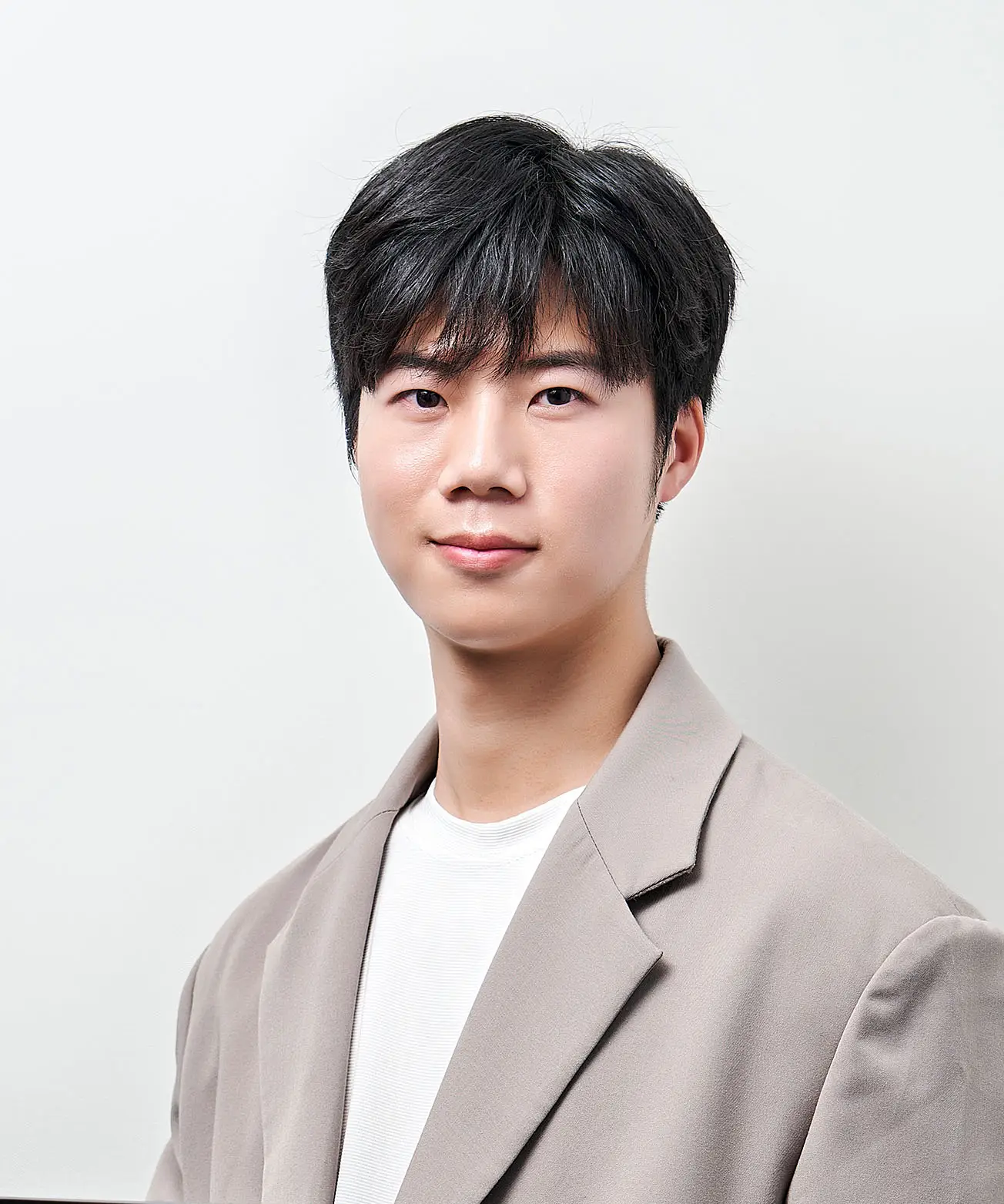A professor from the Korea Advanced Institute of Science and Technology (KAIST) has been sentenced to two years in prison by an appellate court for leaking core autonomous vehicle technologies to China. This decision, made on February 15, overturns the original sentence which had granted probation.
The Daejeon District Court imposed a two-year prison sentence on the professor, a decision that intensifies the punishment from the first trial. He was found guilty of violating the Industrial Technology Protection Act, alongside charges of fraud and embezzlement. This ruling reversed the initial verdict, with the court recognizing the leaked technology’s significant value and affirming its eligibility for protection under industrial technology laws.
Multiple local news outlets have reported that the professor, identified as Lee, leaked 72 files containing critical technologies essential for the commercialization of autonomous driving. These files were shared with researchers at local universities in China over a period extending from 2017 to February 2020. Among the leaked technologies was a core sensor technology known as LIDAR (Light Detection and Ranging).
In 2021, it was discovered that Lee participated in Thousand Talents Program (TTP), the government initiative of China which focused on recruiting foreign experts. Subsequently, a trial held in August of the same year resulted in Lee being sentenced to two years in prison, with the sentence suspended for three years. Both the prosecution and Lee filed appeals against this decision. The prosecution contested the verdict on the grounds of factual misunderstanding and legal misinterpretation. Meanwhile, Lee contended that the technology he leaked did not qualify as industrial technology under the relevant standards, arguing further that the technology was not practical for real-world application due to its early stage of development.
During the appellate court session held on Thursday, it was highlighted that Lee had gained financial benefits totaling 1.53 billion won from the technology leak. Furthermore, it was confirmed that Lee had neither obtained prior approval from the university nor reported his actions to the school afterward. Lee sought to justify his actions by explaining that he had done nothing underhanded but was merely utilizing personal connections and knowledge to his advantage. Additionally, the court convicted him on charges of fraud and obstruction of business, charges which he previously had been acquitted of in the initial trial.
The Daejeon District Court informed The Readable that it is unable to disclose any details regarding the case. Similarly, KAIST declined to comment on The Readable’s request for information.


